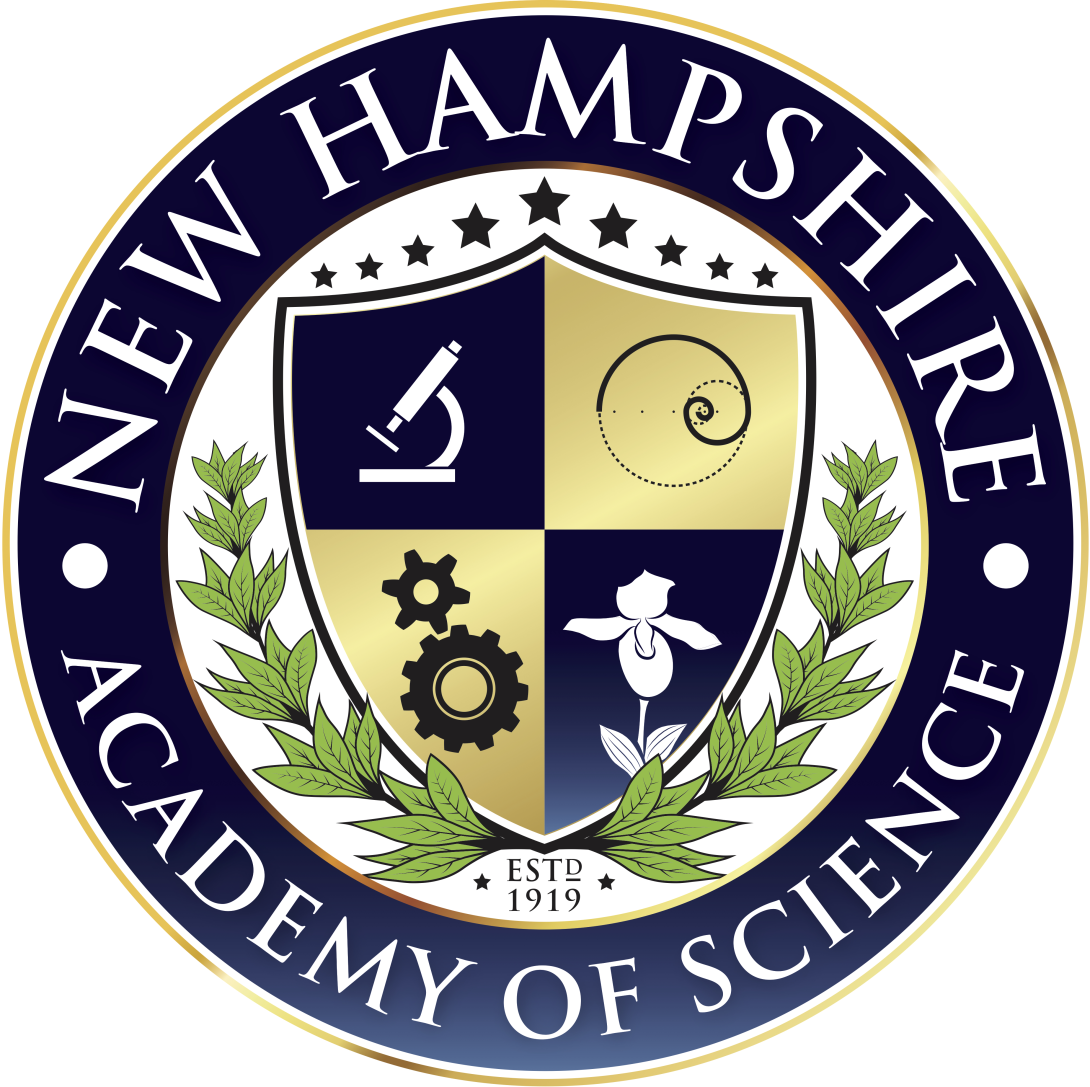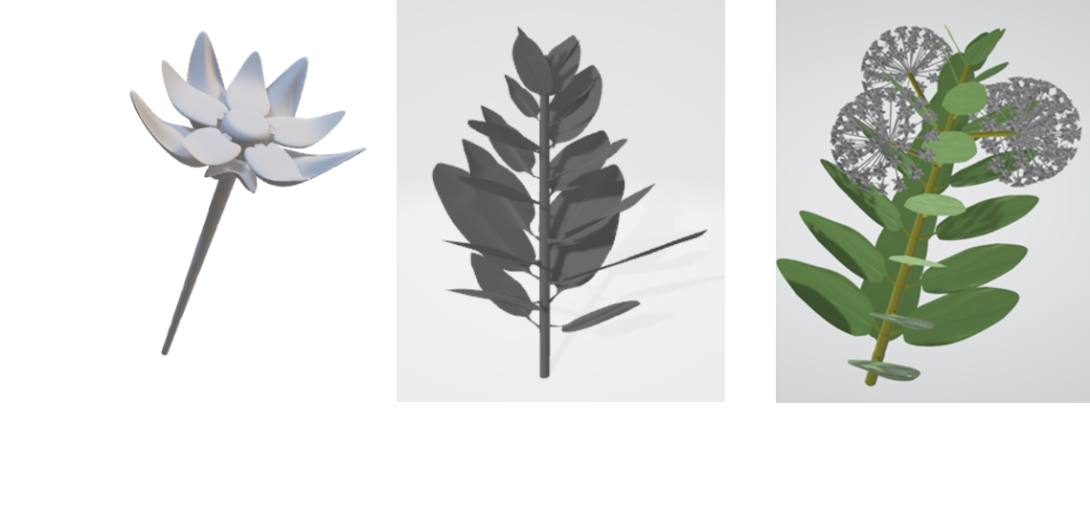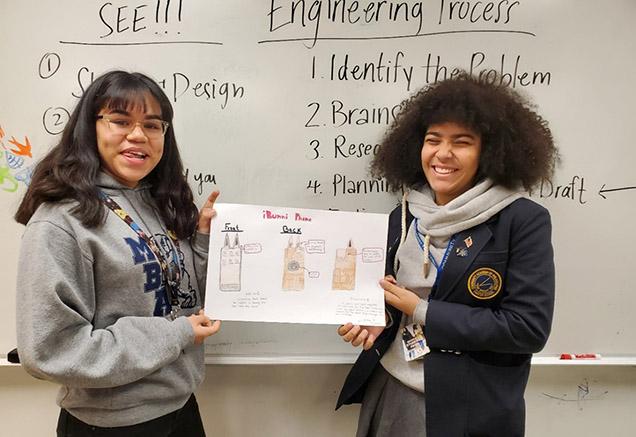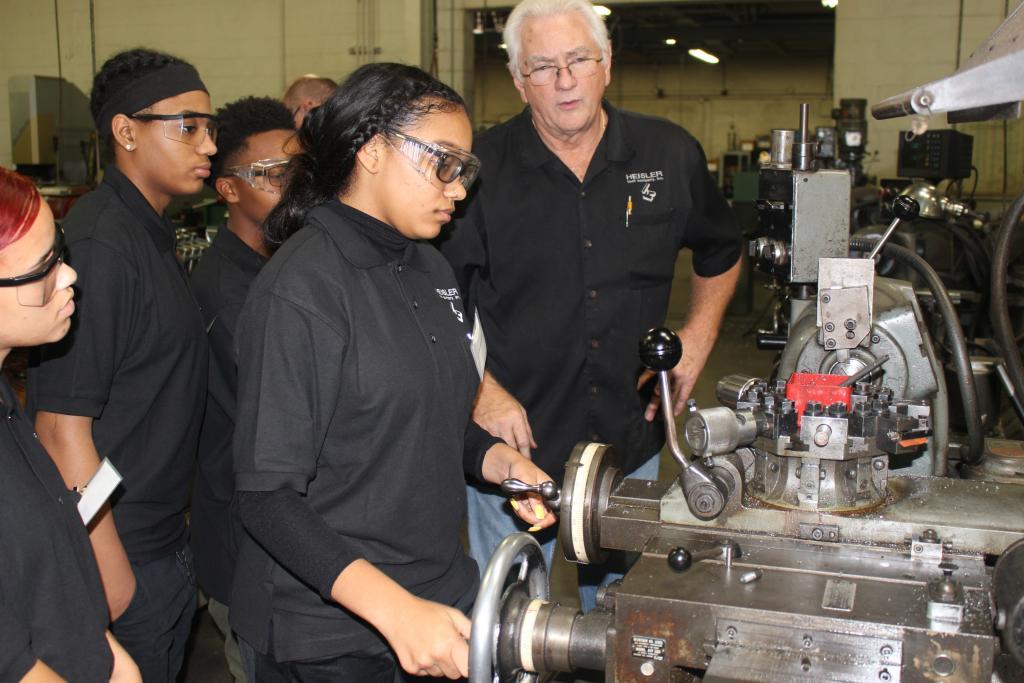Bolstering STEM Pathways for Students in Rural New England Through a Comprehensive, Multi-Year Learning Community

This project addresses access to STEM educational experiences for rural students. Students from rural areas and small towns make up about 30% of the U.S. secondary school population but often lack inspirational STEM educational opportunities and experiences. This makes them less likely to pursue STEM majors in college, which is a potential loss of human talent in STEM innovation.
Engaging Secondary Female Students in Ubiquitous Intelligence and Computing

The underrepresentation of female students in computing and engineering fields can be attributed to different factors such as gender stereotypes or unfamiliarity with computing and engineering fields. This project will occur in a region in which many secondary female students have not had opportunities to take STEM and Information and Communication Technologies courses. The project aims to broaden the participation of secondary female students in STEM and Information and Communication Technologies fields by engaging them in ubiquitous intelligence and computing.
Students Build Augmented and Virtual Reality Plant Models to Understand the Role of Design in STEM

This exploratory project will study the integration of science, design and advanced technology in high school education through a set of innovative learning experiences in the context of plant science using augmented and virtual reality (AVR) technologies. Underrepresented and underserved students from both urban and rural communities will have access to novel educational tools while learning how to create 3D models of different parts of plants in small collaborative teams.
Engaging Women in Engineering: Training Mentors to Make a Difference

This project will advance efforts of the Innovative Technology Experiences for Students and Teachers (ITEST) program by preparing high-achieving high school students for advanced science and math courses and eventually courses in engineering. ITEST seeks to better understand and promote practices that increase students' motivations and capacities to pursue careers in fields of science, technology, engineering, and mathematics (STEM). To be globally competitive, the US must optimize the available workforce to include women in STEM.
Digital technology integration and engineering contexts to support elementary students' systems thinking
This project will advance efforts of the Innovative Technology Experiences for Students and Teachers (ITEST) program to better understand and promote practices that increase students' motivations and capacities to pursue careers in fields of science, technology, engineering, and mathematics (STEM). Research has indicated limited digital technology use and engineering instruction among elementary teachers. This project addresses two of the seven ITEST guiding questions: student experiences with emerging technologies and instructional and curricular innovations.
Who Likes Computer Science? How Gender Stereotypes about Interest Shape Children's Motivation
This project will advance efforts of the Innovative Technology Experiences for Students and Teachers (ITEST) program to better understand and promote practices that increase students' motivation and capacities to pursue careers in the fields of science, technology, engineering, and mathematics (STEM) by preparing and interesting elementary- and middle-school students for STEM courses/programs in high school and eventually in STEM careers.
Early College Career Exploration Through STEM Courses and Apprenticeships in Advanced Manufacturing

In the wake of COVID-19, Greater Cleveland’s low-income families need a stronger pathway out of poverty. Cleveland’s residents are getting poorer: the city’s overall poverty rate reached 34.6% in 2018, up from 27% in 2006. For children, that rate reached 50.9%, up from 41.9% in 2006.